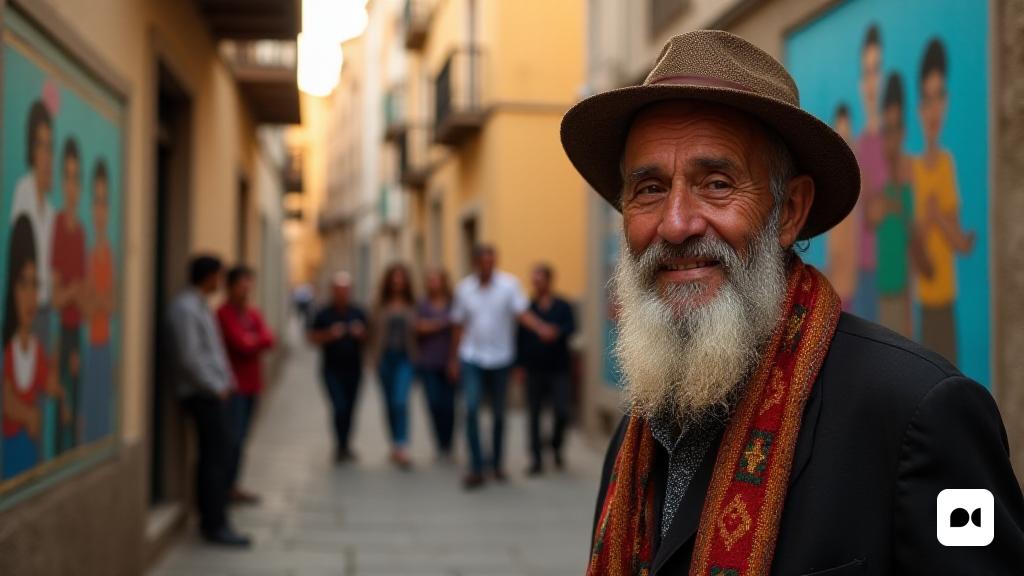An unforgettable legacy in the gypsy communities
By 2020 it marks a significant time, since Reus for five years ago, Antoni Gabarri Giménez, better known as Uncle Antoni. His figure was essential in the life of the Gypsy communities of southern Catalonia, where he served as a man of respect, a position that involves mediation in conflicts between gypsies and non -gypsy people.
The importance of the man of respect
Uncle Antoni was not only solving disputes; He was also responsible for dictating repairs based on the gypsy moral code. Its influence was extended to the Council of Elders of the counties of southern Catalonia, an institution that works as a Senate for the Community, and presided over Agipcat, the Association of Gypsy Entities of the Catalan Countries.
Roots and cultural training
Born in Manresa in 1950, Uncle Antoni came from a gypsy family of Priorat who was engaged in street sale. He shared that his parents were the last speakers of the Romani language, and chose to educate him in Catalan to facilitate his social integration and prevent persecution. This decision contributed to the preservation of Catalan culture during the years of the Franco dictatorship, although his passion for the Romani language remained alive throughout his life.
The way to moral authority
Uncle Antoni gained recognition as a man of respect naturally. The gypsy communities of southern Catalonia evaluated their qualities, which included being a man of maturity, having exemplary behavior and a significant experience in conflict resolution. He played a crucial role in creating a climate of coexistence during the 1970’s and 1980’s, especially in the neighborhoods of Sant Josep Obrer and Mas Pellicer in Reus.
A future without him
Its loss left a gap in the community, but its legacy endures. Uncle Antoni was an example of how bridges can be built between cultures and fostering mutual understanding. His life and work continue to inspire new generations to fight for social cohesion and the preservation of gypsy culture.

